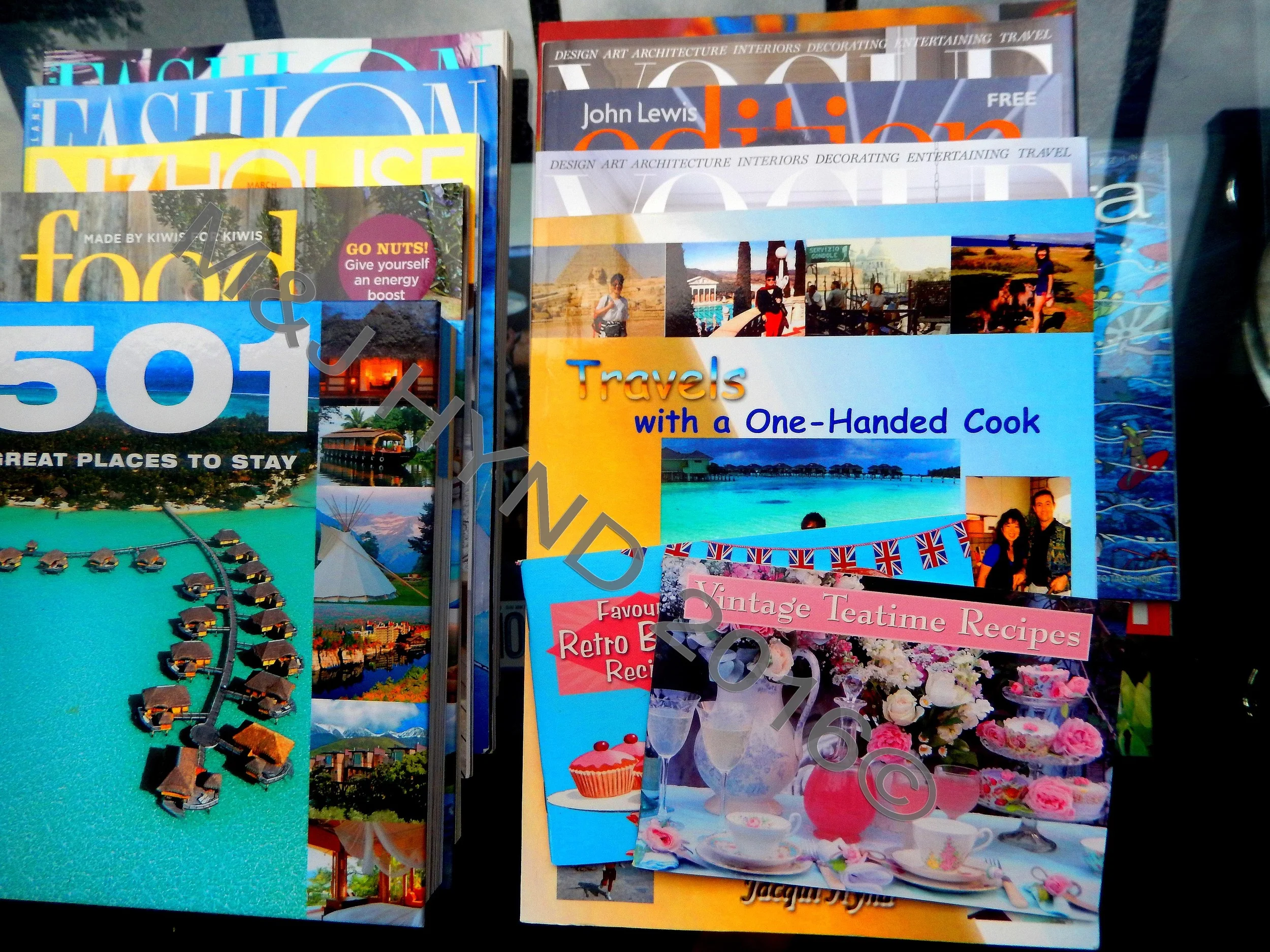Reading: Who is Sophie?
Reading was something I enjoyed before I had the stroke. After the stroke, it was a different matter. It took a long while to get me to re-learn how to read again. What was it again? Without my skipping words, sentences, even paragraphs - relearn to read the whole chapter after my stroke? Getting me to sit down and read after my stroke; well sitting down was easy: I was already in the wheelchair. But to read?
I had very short attention span, couldn't pronounce the words and it really frustrated me. Three words into the sentence, I had forgotten what the beginning of the sentence was. I had to go over the words again, and again, because I simply couldn't remember....
I remembered the Speech therapist showing me language cards at the hospital. What came before a verb, and what came after...I had no idea. What is a verb... or a noun? She had to, in a shortened amount of time, teach the learning that took years to master. In the first few years, I didn't do too well. I'm a Malaysian Chinese; English though not my mother-tongue, is my first language. I had to learn Malay (Bahasa Malaysia) at school, as a second language. All this, in hindsight, was at play during my stroke-rehab years.
It was funny.... before the stroke, when I was working in IT as a senior technical consultant for a multi-national company, it was decided to put us on a speed-reading training. It was done so that we could take less time to read a memorandum or any circulars that came our way, so being more productive at work. It was an irony that I, after the stroke, would have such a tough time, with reading – skipping words, even lines.
After the stroke, clinical psychologists, assessed my reading skills, among other things.
I was reading quite a highbrow book, Sophie's World, by Jostein Gaarder, a Norwegian writer, at the time of my AVM-stroke. The book introduces fundamental questions about the history of philosophy, and follows a young girl on a journey discovering Socrates, Plato, Aristotle… and other philosophers since ancient Greeks.
They decided that Sophie's World was a good enough place to get me read again.
I knew intrinsically that it was a huge, gigantic ask, though I didn't have the words to explain myself - i.e: had to learn English again, no vocabulary, short-term memory was shredded. To say that perhaps it would have been more beneficial (for me) to start with simpler words and less taxing ideas to the clinical psychologists.
Also, I had to read it, ALOUD. That was a hardest thing. I tried to read it, ... No way was I going to read that book, even a chapter, aloud. I kept faltering, re-tried, re-tried. The words wouldn't come. When the words, after a fashion, came - I was slurring so badly it made very little sense: I had to try again many times to get it right. And yes, I was skipping words, even entire lines. It was very challenging, and I didn't get past the first few paragraphs; in fact I would have forgotten the first bit I read.
Over the years, I've kept re-trying, re-trying to read and speak in a normal fashion. The dividing line was right down the middle of my face/body; the left side was fine, the right side was not fine - at all. Impaired sensation on the right - as if it was touched through layers and multiple layers of cotton-wool, or like pins and needles, if I felt anything at all. The right facial muscles are in-a-world-of-their-own, quite aloof, preferred to staying immobile.
The facial exercises that I had to do, while at rehab were invaluable. It doesn't look very nice when you see yourself in the mirror, pulling faces, doing facial exercises, but I still do it everyday. Especially when I have had to talk with people, to pronounce, and enunciate.... and retry, retry. As always, it gets better given time.


